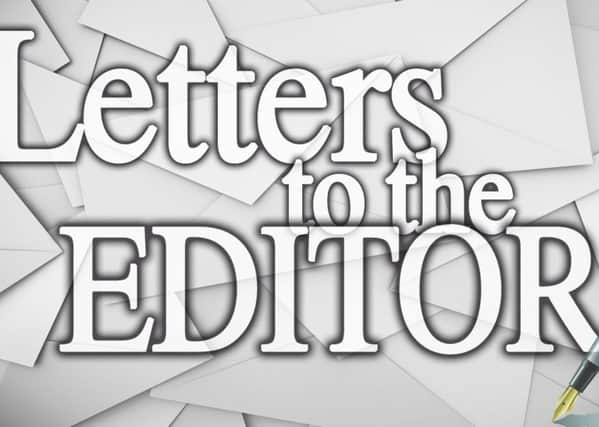Our voting system is not up to best international standard


Given little response from both the Electoral Office and the Electoral Commission, I fear this year’s may be similar.
Firstly, party agents in the polling stations were able to collect data on individual voters.
Advertisement
Hide AdAdvertisement
Hide AdIn most elections conducted under the guidelines of the Organisation for Security and Co-operation in Europe, OSCE, party agents are allowed to observe the voting process in the round – they are normally seated in one corner of the polling station – but they are not allowed access to data recorded in regard to the presence of any individual voters.
Secondly, the count was at times suspect. Take, for example, Strangford. Hamilton (DUP), the beneficiary of a transfer from his eliminated party colleague Harvey, was elected at stage 7 of the count with a surplus of 320 votes.
This was distributed at stage 10, by which time, of the original 15 candidates, four had been elected and eight excluded, and only three (all non-DUP) remained to contest the last two seats.
So you might have expected many of these 320 to be non-transferable. But no; none of them were! www.eoni.org.uk
Advertisement
Hide AdAdvertisement
Hide AdAs predicted, PR-STV counts (in both jurisdictions) can be capricious because some transfers are made according to the wishes of the relevant voters - and quite right too! - but some are not. As in Strangford, votes with no further preferences are sometimes transferred in the same ratios as those which did have further preferences; so some votes are transferred without the relevant voters’ knowledge let alone consent!
After many years campaigning against this quirk in the rules, a delegation went to see the then Minister, George Howarth MP. He agreed there was cause for concern but suggested we should meet his Chief Electoral Officer because, he said, he (the Minister) didn’t really understand voting systems. So we did, but, said the CEO, he didn’t really understand voting systems.
Having campaigned on this issue for over 20 years, it is disappointing to note that the current CEO could only suggest I should “pursue this matter further” with his successor, while the Electoral Commission, which initially promised to hold a meeting on this subject, has apparently lost interest.
Peter Emerson, Director, the de Borda Institute, Belfast BT14